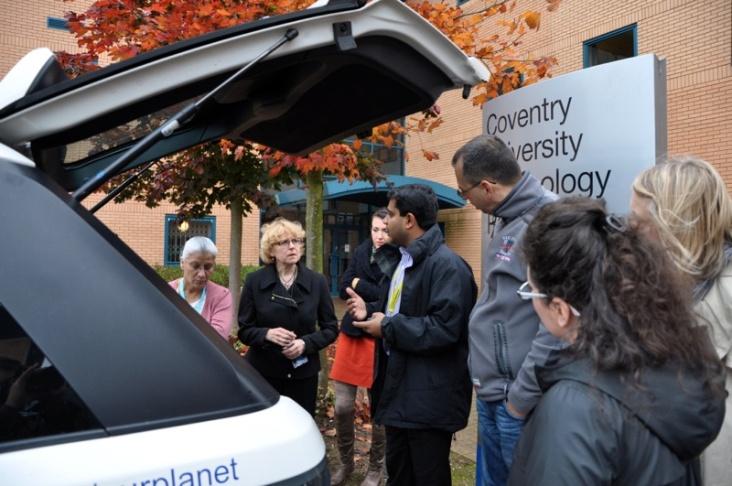In Search of the Citizen Centric City: A Value Reflection Tool for Living Labs Louise Mullagh a, Lynne Blair a and Nick Dunn b a
School of Computing and Communication, Lancaster University b Imagination Lancaster, Lancaster University
Abstract As the rise in ‘smart’ city initiatives and implementation of technologies within the urban environment become more evident, citizens face irrevocable changes to their environment and their lives within the city. Such reliance upon technological strategies to fix cities’ problems and a drive for constant innovation within the ‘smart’ city is largely being driven by technology companies and city leaders. In the literature surveyed, little is written regarding the disruption of sense of place within the city by new technologies, or to the nuanced ways in which human values are affected in this area. We present a prototype tool for the mapping of and reflection upon, human values in order to develop meaningful engagement and experiences for citizens. Our research is situated within the context of the Living Lab, which are becoming increasingly prevalent within the ‘smart’ city, enabling designers of technologies to engage with multiple stakeholders, including citizens, in the design and implementation of new products. Keywords human values; urban areas; social factors; appropriate technology; design methodologies 1 Introduction Today’s city is a complex, technologically mediated environment, consisting of numerous explicit and implicit digital layers. This new urban environment is not only the domain of buildings, transport and people but is intermingled with both visible and invisible technologies (McCullough, 2005). As examples of ‘smart’ cities increase and the implementation of urban, mobile and ubiquitous computing within this environment become more apparent, the landscape of the city is becoming redefined in a seemingly irreversible race toward the autonomous operation of the urban sphere (Townsend, 2013). A new, technological utopia is heralded by global companies (IBM Corporation, 2012; IBM Corporation, 2013) with the promise of the obliteration of inequalities and inefficiencies, through the deployment of sensors, actuators and ‘smart’ control centres (IBM Corporation, 2012). When considered alongside the disordered, human elements of the city, it proves difficult to imagine such changes having an
115














